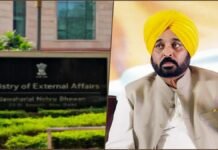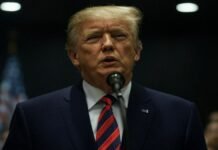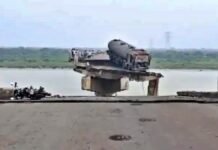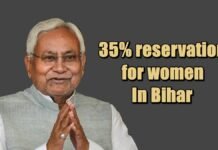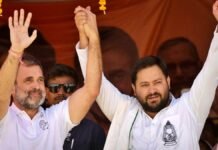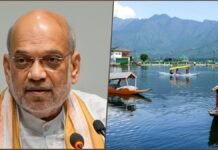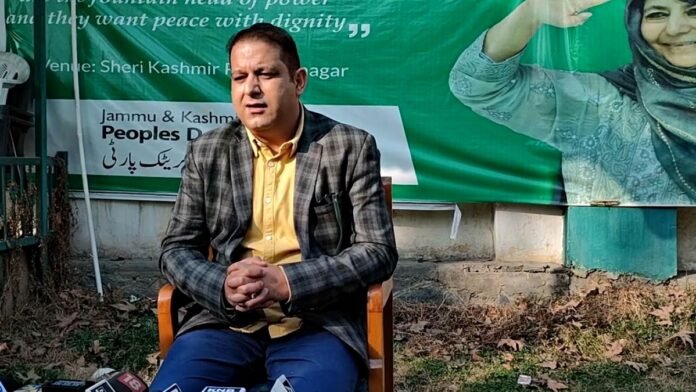
Srinagar: As the announcement of assembly elections in Jammu and Kashmir stirs the political landscape, the People’s Democratic Party (PDP) faces a fresh setback with the departure of its chief spokesperson, Suhail Bukhari. On Tuesday, Bukhari, a close associate of PDP President Mehbooba Mufti, announced his resignation from the party, adding to the growing political churn in the region.
Bukhari, who transitioned from journalism to politics, had been a key figure in the PDP, serving as an advisor to Mehbooba Mufti during her tenure as Chief Minister. His departure is seen as a significant blow to the party, which is already grappling with internal dissent and the challenge of maintaining its relevance in the shifting political dynamics of Jammu and Kashmir.
The primary reason behind Bukhari’s exit appears to be frustration over his diminishing chances of securing a party ticket for the upcoming elections. Bukhari had hoped to contest from the Wagura-Kreeri constituency, but his prospects were dashed following the return of former minister Basharat Bukhari to the PDP. With Basharat Bukhari’s re-entry, Suhail Bukhari’s chances of being nominated were significantly reduced, leading him to explore other political avenues.
The PDP, struggling to retain its foothold in Jammu and Kashmir, has yet to finalize its candidate list for the elections. However, the delay and uncertainty have already caused unrest among its ranks. Several senior leaders and former MLAs, worried about being sidelined, have started voicing their concerns, further complicating the party’s efforts to present a united front.
Suhail Bukhari’s next political move remains uncertain, though there is strong speculation that he may align with the National Conference (NC), provided they offer him the coveted ticket for the Wagura-Kreeri constituency. If the NC does not meet his demands, Bukhari may consider contesting as an independent candidate, a move that could further fragment the voter base in the region.
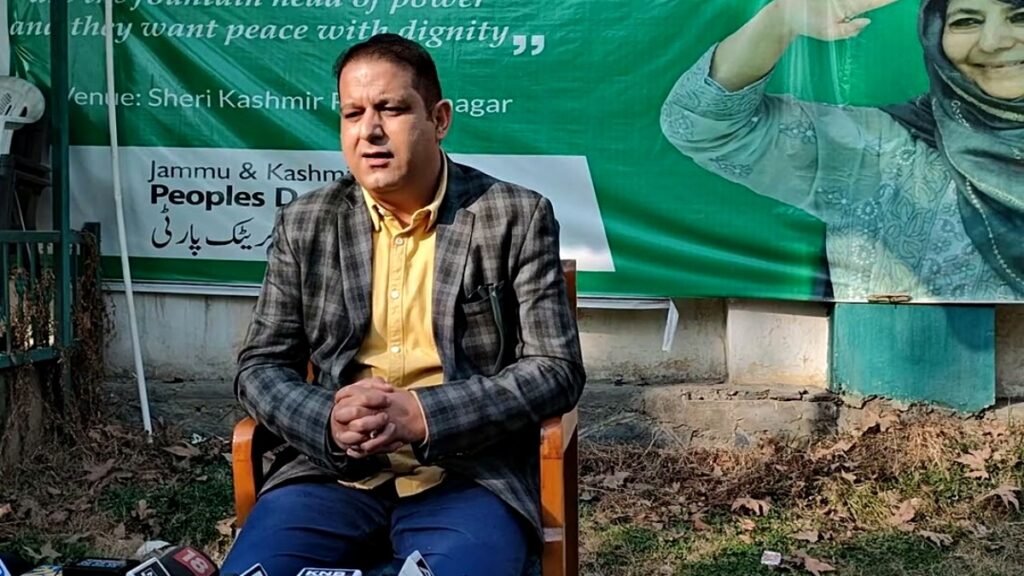
The departure of Suhail Bukhari highlights the increasing challenges facing the PDP as it seeks to navigate the complex political terrain of Jammu and Kashmir. With elections on the horizon, the party’s leadership will need to address internal dissent and solidify its strategy if it hopes to remain a key player in the region’s political future.

